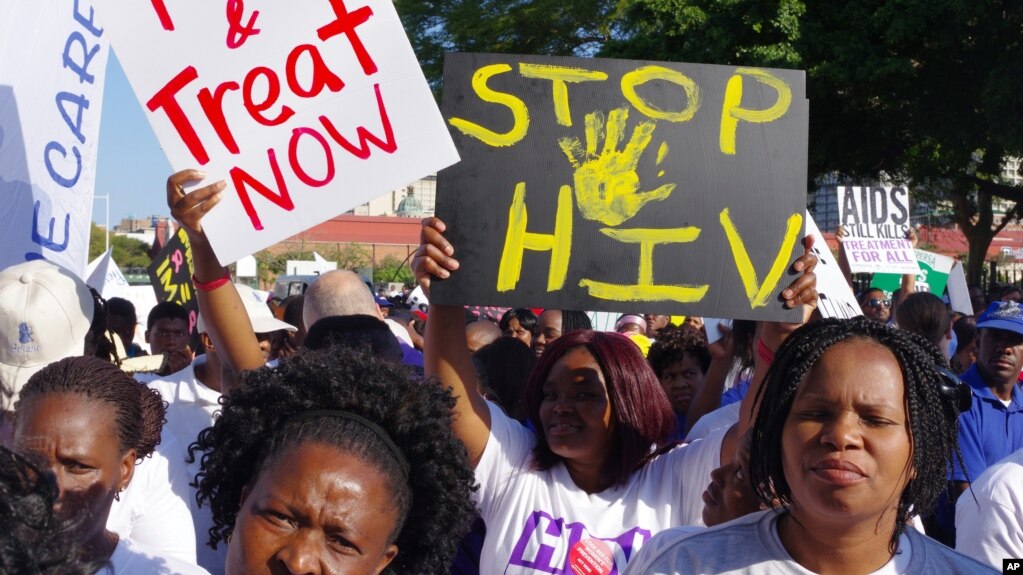
HIV impact on mortality rate among African male adults
Early in the 20th century, HIV was first discovered in Africa. The virus known as HIV (human immunodeficiency virus) targets the immune system of the body. AIDS can develop from HIV if it is not treated. There isn’t a cure that works right now. People who catch HIV are permanently infected. But HIV can be managed with the right medical attention. When receiving good HIV therapy, people with HIV can live long, healthy lives. Today, it is a serious public health issue and the leading cause of death in many African nations. Although the bulk of cases of HIV are located in Southern Africa, HIV rates differ dramatically between nations. HIV has increased mortality rates and reduced life expectancy among adult man in the most afflicted sub-Saharan African nations. This can be supported through the following Visualization which reflects the mortality rate among African male adults between 1990 and 2005.
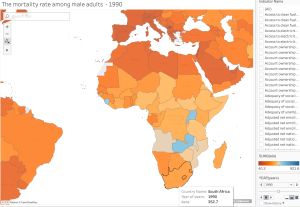
This visualization shows that for example the mortality rate of African adult males in south Africa was 352.7 (per 1,000) in 1990 however it increased to 562.8 (per 1,000) in 2005 which is shown in the following visualization.
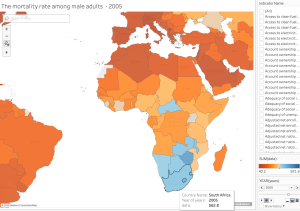
This increase in the mortality rate was due to the spread of HIV in southern African countries and this can be seen through the following visualization where the number of HIV incidence has increased from 1990 to 2005.
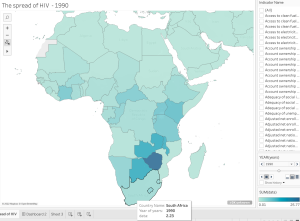
As seen in this visualization, in 1990 the spread of HIV was 2.23 in south Africa however in 2005 it increased to 11.43 as shown in the following graph
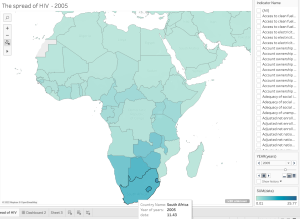
To reach the SDG 3 which consist of Ensuring a healthy life and promoting well-being for all at all ages, partnership with UN should be provided to raise awareness among African citizens to prevent the spread of the HIV. African citizen should be educated about HIV symptoms, treatment on how to prevent this spread and preventions to protect oneself and others. This education would help reach SDG 4 which consist of a quality education. There are more resources than ever available today to prevent HIV such as employing tactics like never sharing needles and abstinence, benefit from HIV preventive treatments including pre- and post-exposure prophylaxis (PrEP) (PEP) that should also be educated to African citizen.